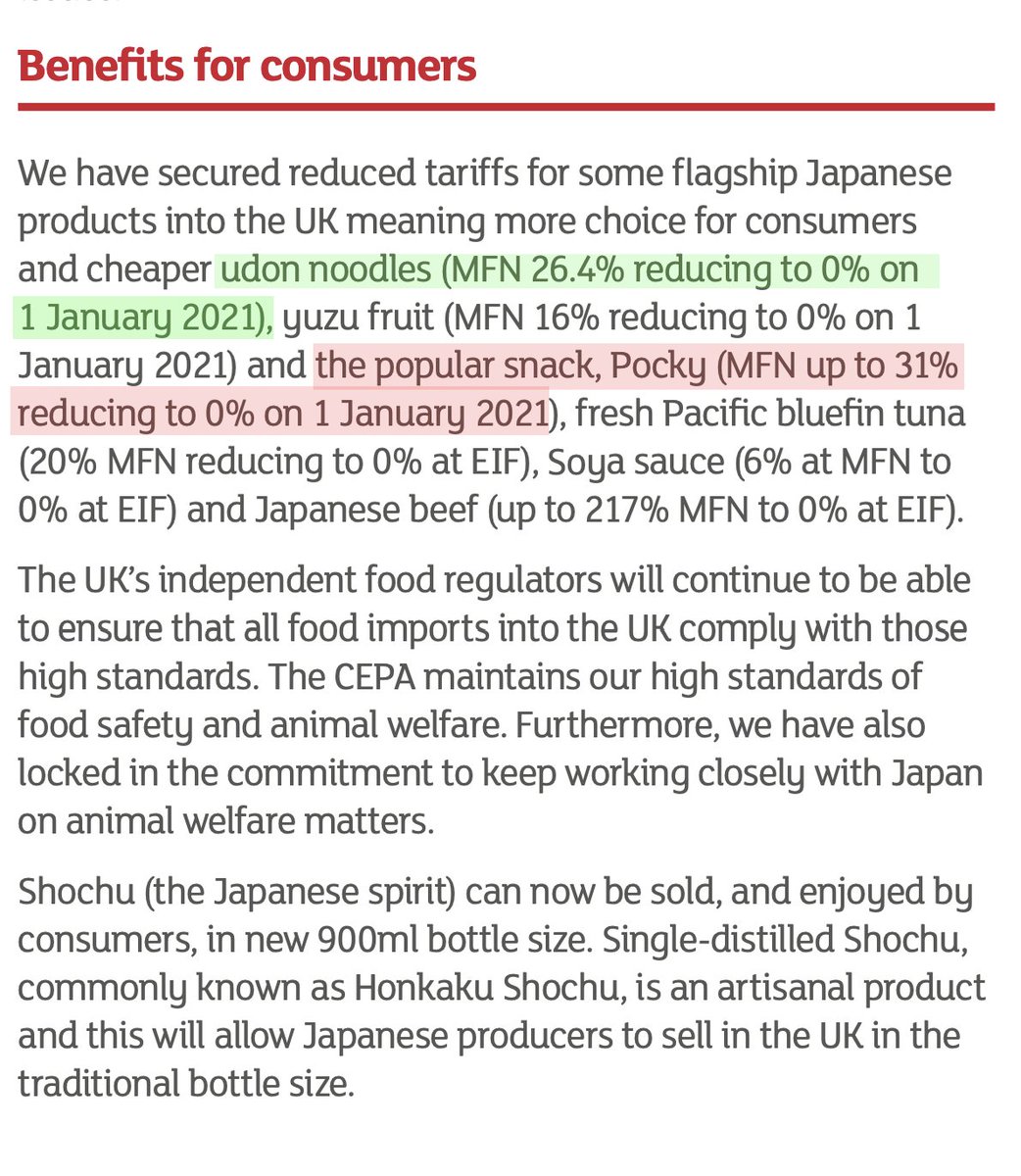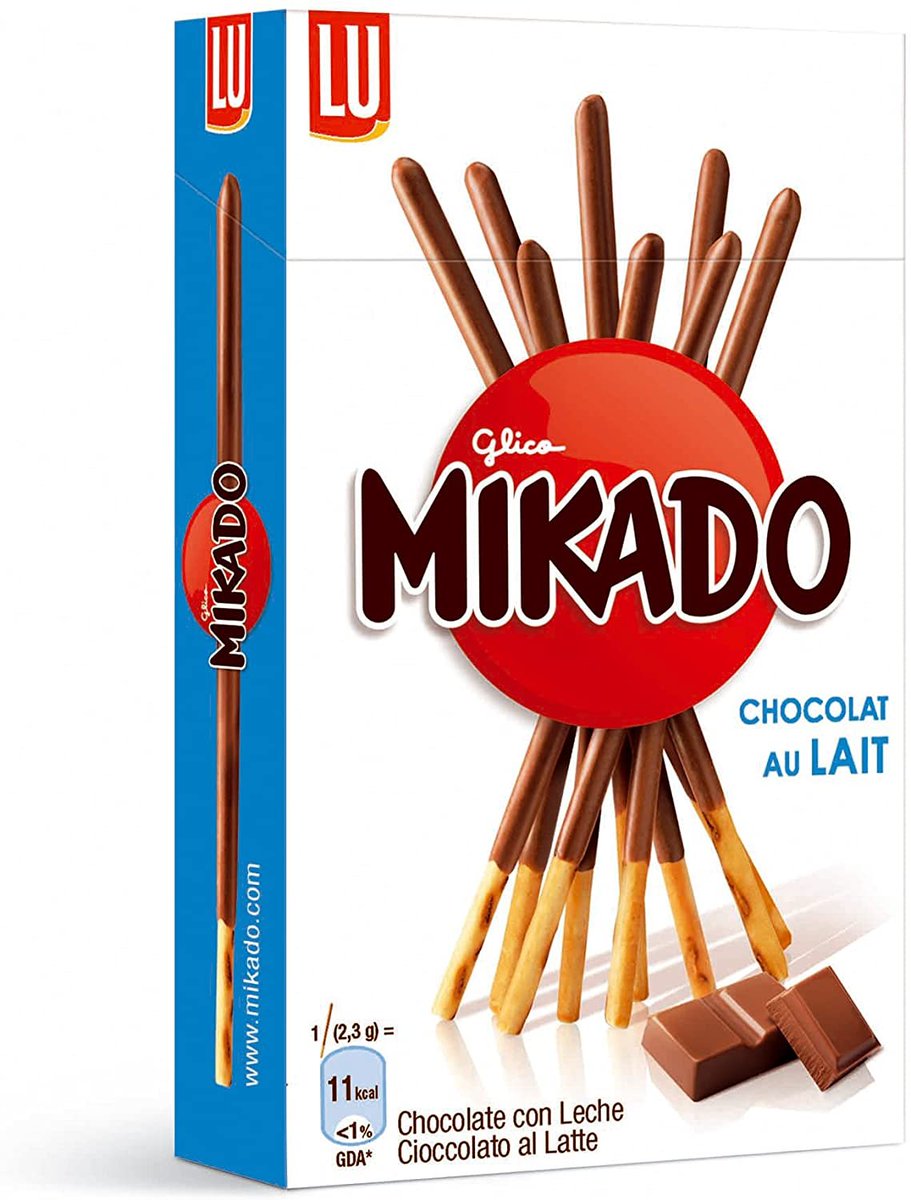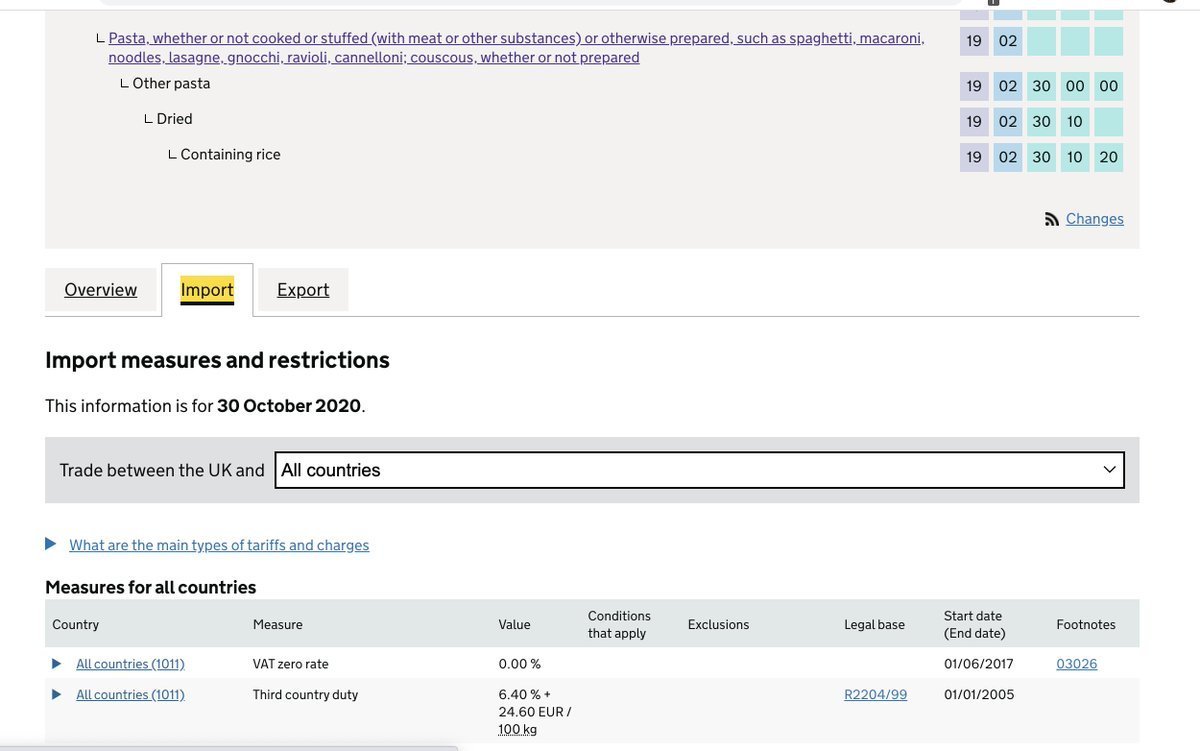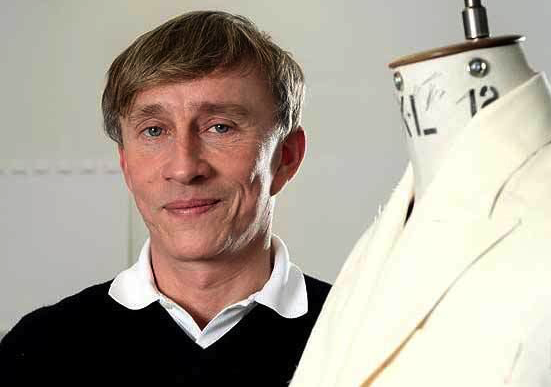
1/27
I want to deal with some specific claims in this BrexitCentral article by Kevin Dowd from Sep 2017, but I also wanted to make a more general point, so I decided to make a general thread and wrap it around a standalone thread on the article.
brexitcentral.com/eu-thousands-s…
I want to deal with some specific claims in this BrexitCentral article by Kevin Dowd from Sep 2017, but I also wanted to make a more general point, so I decided to make a general thread and wrap it around a standalone thread on the article.
brexitcentral.com/eu-thousands-s…
2/27
If you want to read my examination of this specific BrexitCentral article just follow the link here
Otherwise, carry on reading, here where I make a more general point, and then and I'll link back to the BrexitCentral rebuttal again it at the bottom.
If you want to read my examination of this specific BrexitCentral article just follow the link here
External Tweet loading...
If nothing shows, it may have been deleted
by @Jim_Cornelius view original on Twitter
Otherwise, carry on reading, here where I make a more general point, and then and I'll link back to the BrexitCentral rebuttal again it at the bottom.
3/27
Bar a few minor exceptions, all countries have tariffs on imports:
Pointing to tariffs to criticise the EU and saying we should be like Singapore is as ridiculous as criticising the UK because we have excise duty, or saying we should be like Monaco with no income tax.
Bar a few minor exceptions, all countries have tariffs on imports:
Pointing to tariffs to criticise the EU and saying we should be like Singapore is as ridiculous as criticising the UK because we have excise duty, or saying we should be like Monaco with no income tax.
4/27
Broadly it's certainly better to have no tariffs. High tariffs were a blight before WWII. But unilaterally lowering/removing them is senseless. Like nuclear weapons, we've got them, we'd prefer to get rid of them, but not while other countries have not removed theirs.
Broadly it's certainly better to have no tariffs. High tariffs were a blight before WWII. But unilaterally lowering/removing them is senseless. Like nuclear weapons, we've got them, we'd prefer to get rid of them, but not while other countries have not removed theirs.
5/27
That's why GATT (now WTO) was created in 1947. To reduce tariffs & NTBs through multilateral negotiations. It's been highly succesful. Tariffs are a fraction what they were back then, but while that's good for other developed countries it's not so good for developing ones.
That's why GATT (now WTO) was created in 1947. To reduce tariffs & NTBs through multilateral negotiations. It's been highly succesful. Tariffs are a fraction what they were back then, but while that's good for other developed countries it's not so good for developing ones.
6/27
Why?
Many people don't realise developing countries have preferential deals with developed countries. The EU have done since the foundation of the EEC in 1957. That's why Nigeria, Tanzania & Kenya became associated members of the EEC in the 1960s. books.google.co.uk/books?id=nRcNA…
Why?
Many people don't realise developing countries have preferential deals with developed countries. The EU have done since the foundation of the EEC in 1957. That's why Nigeria, Tanzania & Kenya became associated members of the EEC in the 1960s. books.google.co.uk/books?id=nRcNA…

7/27
When I learned that African Commonwealth countries had signed up to get preferential trading deals with the EEC through associate membership years before the UK joined the EEC signed an accession agreement in 1972 I have to say I was surprised. It's not often mentioned.
When I learned that African Commonwealth countries had signed up to get preferential trading deals with the EEC through associate membership years before the UK joined the EEC signed an accession agreement in 1972 I have to say I was surprised. It's not often mentioned.
8/27
When the UK acceded to the EEC in 1973, former British colonies in Africa, the Caribbean and the Pacific became associated members of the EEC benefiting from similar preferential market access. Those countries are now known as the ACP group.
europarl.europa.eu/intcoop/acp/10…
When the UK acceded to the EEC in 1973, former British colonies in Africa, the Caribbean and the Pacific became associated members of the EEC benefiting from similar preferential market access. Those countries are now known as the ACP group.
europarl.europa.eu/intcoop/acp/10…

9/27
One of those who apparently doesn't realise this is former Secretary of State for International Development Priti Patel, who wrote about them facing "huge tariffs" in this article for Brexit Central in April of this year.
And this is really rather extraordinary.
One of those who apparently doesn't realise this is former Secretary of State for International Development Priti Patel, who wrote about them facing "huge tariffs" in this article for Brexit Central in April of this year.
And this is really rather extraordinary.

10/27
Because in June 2017, while she was still Secretary of State for International Development, her department issued a press release, with her name on it, stating that the 48 least developed countries were on zero tariffs for everything but arms. gov.uk/government/new…
Because in June 2017, while she was still Secretary of State for International Development, her department issued a press release, with her name on it, stating that the 48 least developed countries were on zero tariffs for everything but arms. gov.uk/government/new…
11/27
The press release is correct and BrexitCentral is wrong. Here's the list of those countries, together with another 8 countries on 0% for all goods under GSP+ and 14 on reduced tariffs through standard GSP. Several other countries in the ACP group also 0% access via EPAs.
The press release is correct and BrexitCentral is wrong. Here's the list of those countries, together with another 8 countries on 0% for all goods under GSP+ and 14 on reduced tariffs through standard GSP. Several other countries in the ACP group also 0% access via EPAs.

12/27
ACP & EBA/GSP nations have a trading advantage over developed nations and have done for decades.
A preference that was threatened by the USA in the 90s who backed big US-based banana producers like Chiquita, resulting in the banana trade war.
independent.co.uk/news/us-starts…
ACP & EBA/GSP nations have a trading advantage over developed nations and have done for decades.
A preference that was threatened by the USA in the 90s who backed big US-based banana producers like Chiquita, resulting in the banana trade war.
independent.co.uk/news/us-starts…
13/27
So part of the reason why the Doha round of WTO negotiations stalled in the 2000s was that the USA wanted to erode this trading advantage even further and faster, while not making concessions on reducing their own farm subsidies in exchange.
europa.eu/rapid/press-re…
So part of the reason why the Doha round of WTO negotiations stalled in the 2000s was that the USA wanted to erode this trading advantage even further and faster, while not making concessions on reducing their own farm subsidies in exchange.
europa.eu/rapid/press-re…

14/27
Still as this 2006 graph from the Overseas Development Institute shows, the EU's average bound and applied tariffs were still lower than the USAs, and lower than most major economies with the exception of Japan.
odi.org/sites/odi.org.…
Still as this 2006 graph from the Overseas Development Institute shows, the EU's average bound and applied tariffs were still lower than the USAs, and lower than most major economies with the exception of Japan.
odi.org/sites/odi.org.…

15/27
If we look at average rates now, (before the Trump trade war) we find that the EU mean MFN tariffs are among the lowest in the world.
indexmundi.com/facts/indicato…
If we look at average rates now, (before the Trump trade war) we find that the EU mean MFN tariffs are among the lowest in the world.
indexmundi.com/facts/indicato…

16/27
MFN tariffs only apply under WTO rules, i.e when there's no FTA between countries. FTAs have to set most tariffs to zero for WTO approval and since the end of the Uruguay round FTAs have been how most tariff reductions have come about.
How have the EU being doing here?
MFN tariffs only apply under WTO rules, i.e when there's no FTA between countries. FTAs have to set most tariffs to zero for WTO approval and since the end of the Uruguay round FTAs have been how most tariff reductions have come about.
How have the EU being doing here?
17/27
Here's a timeline of the activation of EU (Belgium) FTAs according to the WTO.
rtais.wto.org/ui/Charts.aspx
Here's a timeline of the activation of EU (Belgium) FTAs according to the WTO.
rtais.wto.org/ui/Charts.aspx

18/27
And here's a similar timeline for the USA. It's quite clear that the EU has been far more active in reducing tariff to zero.
And here's a similar timeline for the USA. It's quite clear that the EU has been far more active in reducing tariff to zero.

19/27
And here for comparison is the same graph for Chile which I know some Brexiters like to compare to the EU, or use as a model for the UK ability to make trade deals outside of the EU.
And here for comparison is the same graph for Chile which I know some Brexiters like to compare to the EU, or use as a model for the UK ability to make trade deals outside of the EU.

20/27
So given all this, there's only one word the claims about the EU being a "protectionist racket".
It's nonsense!
So given all this, there's only one word the claims about the EU being a "protectionist racket".
It's nonsense!
21/27
So let's now go back to this BrexitCentral article when Kevin Dowd makes a claim about the quintupling of tariffs on South African oranges and insists that his interpretation is correct because he got his information from "leading authority" Dan Lewis.
So let's now go back to this BrexitCentral article when Kevin Dowd makes a claim about the quintupling of tariffs on South African oranges and insists that his interpretation is correct because he got his information from "leading authority" Dan Lewis.

22/27
Dan Lewis has been carving out an image among Brexiters as an ‘expert’ on tariffs. He is no such thing.
His claim to fame is building a website that scrapes publicly available data on tariffs and republishes it with advertising on eutariffs.com
Dan Lewis has been carving out an image among Brexiters as an ‘expert’ on tariffs. He is no such thing.
His claim to fame is building a website that scrapes publicly available data on tariffs and republishes it with advertising on eutariffs.com
23/27
Dan Lewis appeared before a the House of Commons International Trade Committee in January 2017 to offer his expert advice (see link). I've watched the whole thing. He contributed nothing, but he did plug his website.
parliamentlive.tv/Event/Index/38…
Dan Lewis appeared before a the House of Commons International Trade Committee in January 2017 to offer his expert advice (see link). I've watched the whole thing. He contributed nothing, but he did plug his website.
parliamentlive.tv/Event/Index/38…
24/27
I don't use Dan's website when I want to look up information about tariffs.
I use the British government's own website here: trade-tariff.service.gov.uk/trade-tariff/s…
Or I use the EU's TARIC database here: ec.europa.eu/taxation_custo…
I don't use Dan's website when I want to look up information about tariffs.
I use the British government's own website here: trade-tariff.service.gov.uk/trade-tariff/s…
Or I use the EU's TARIC database here: ec.europa.eu/taxation_custo…
25/27
Using these resources I discovered that Dan Lewis's claims in this BrexitCentral were completely wrong.
Where he said a tariff was being added it was in fact being removed. The reality was the complete opposite of what Lewis said it was.
Using these resources I discovered that Dan Lewis's claims in this BrexitCentral were completely wrong.
Where he said a tariff was being added it was in fact being removed. The reality was the complete opposite of what Lewis said it was.
External Tweet loading...
If nothing shows, it may have been deleted
by @Jim_Cornelius view original on Twitter
26/27
So I'm not impressed by Kevin Dowd's appeal to the expertise of Dan Lewis.
And indeed on this matter of the orange tariff quintupling, Kevin has been misled by Dan's "expertise", his out of date data-scraped database, and his links.
Let's look at the subject properly.
So I'm not impressed by Kevin Dowd's appeal to the expertise of Dan Lewis.
And indeed on this matter of the orange tariff quintupling, Kevin has been misled by Dan's "expertise", his out of date data-scraped database, and his links.
Let's look at the subject properly.

27/27
Look this sub thread looking at this specific Brexit Central article here.
/END
Look this sub thread looking at this specific Brexit Central article here.
External Tweet loading...
If nothing shows, it may have been deleted
by @Jim_Cornelius view original on Twitter
/END
• • •
Missing some Tweet in this thread? You can try to
force a refresh






















